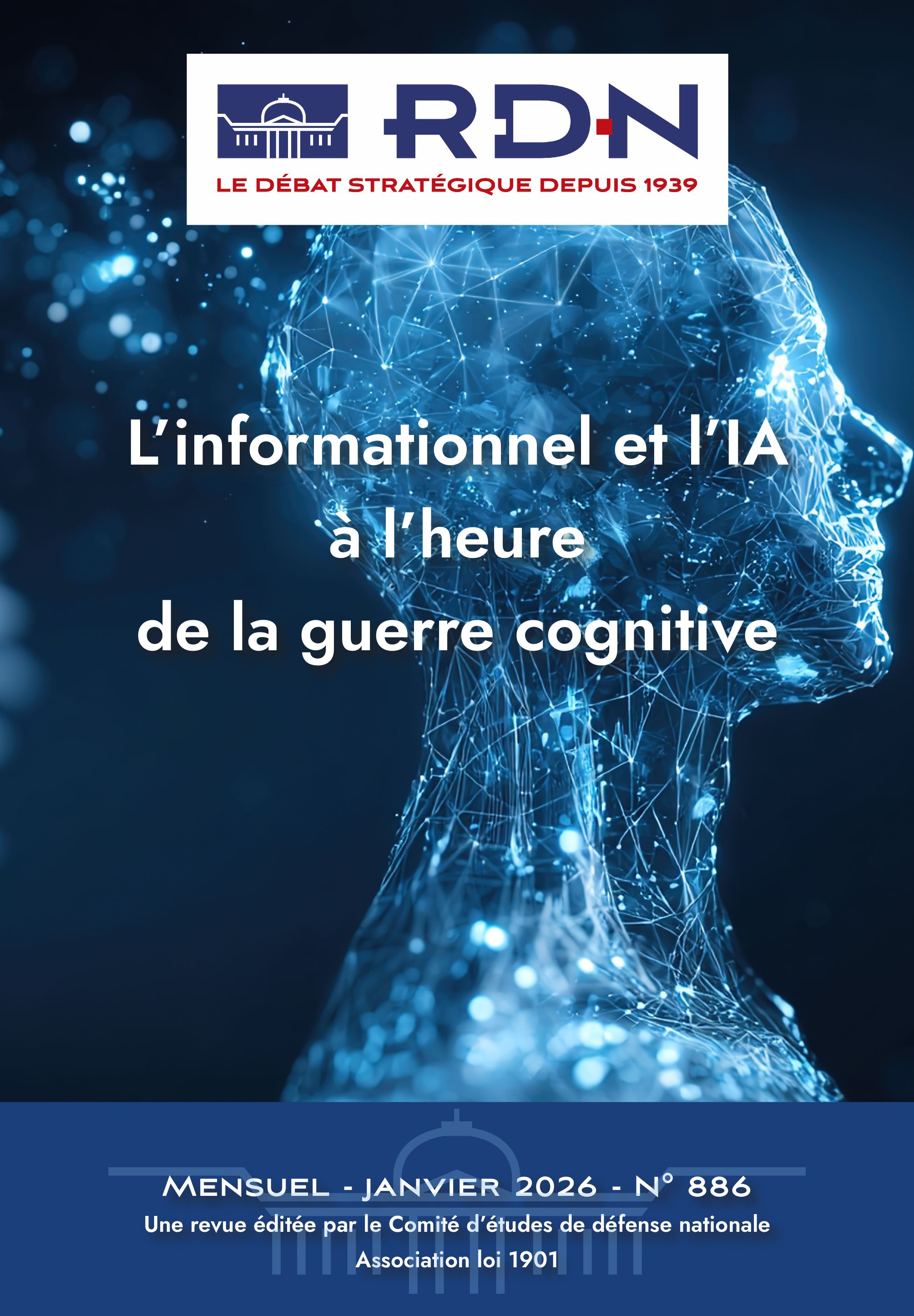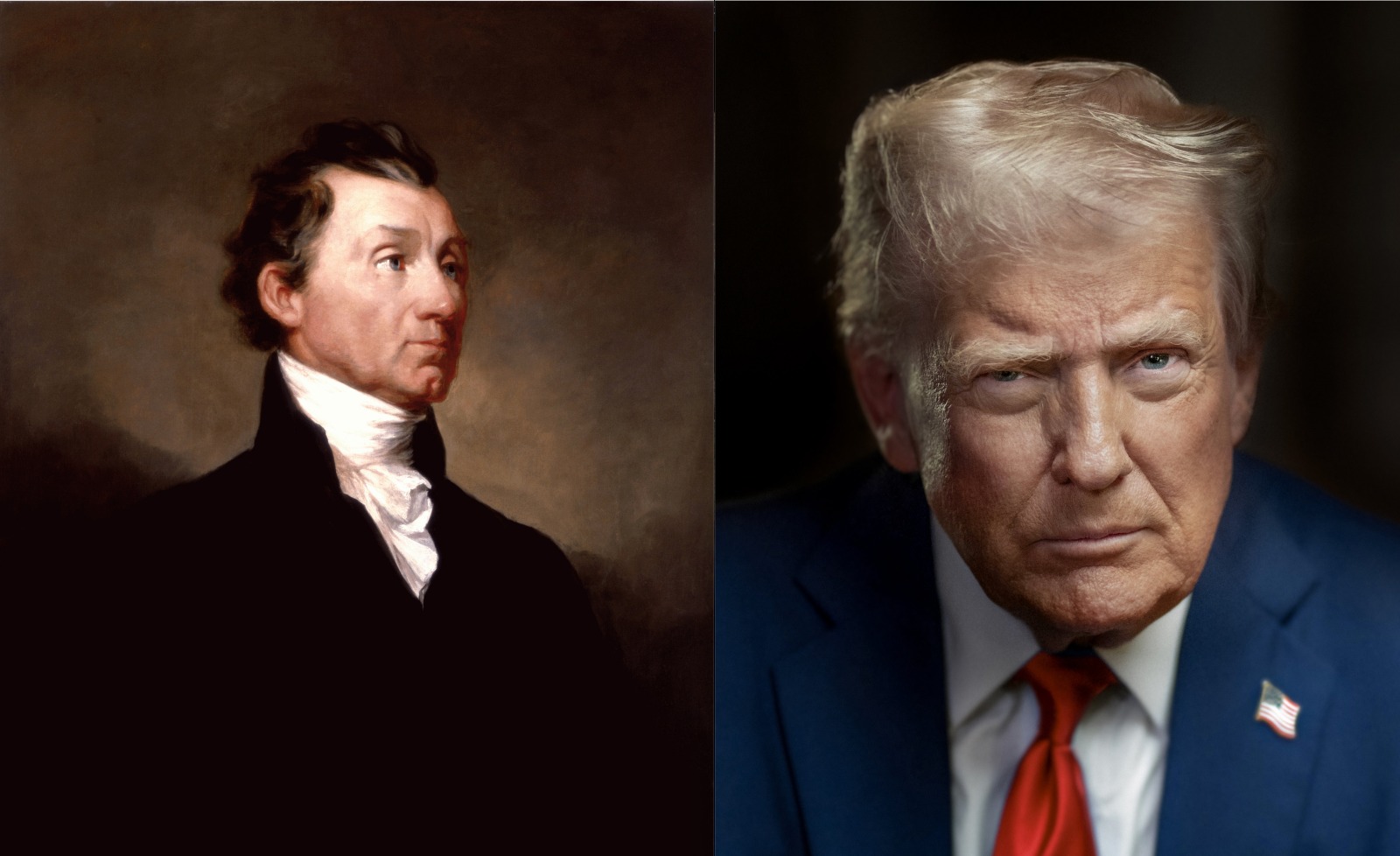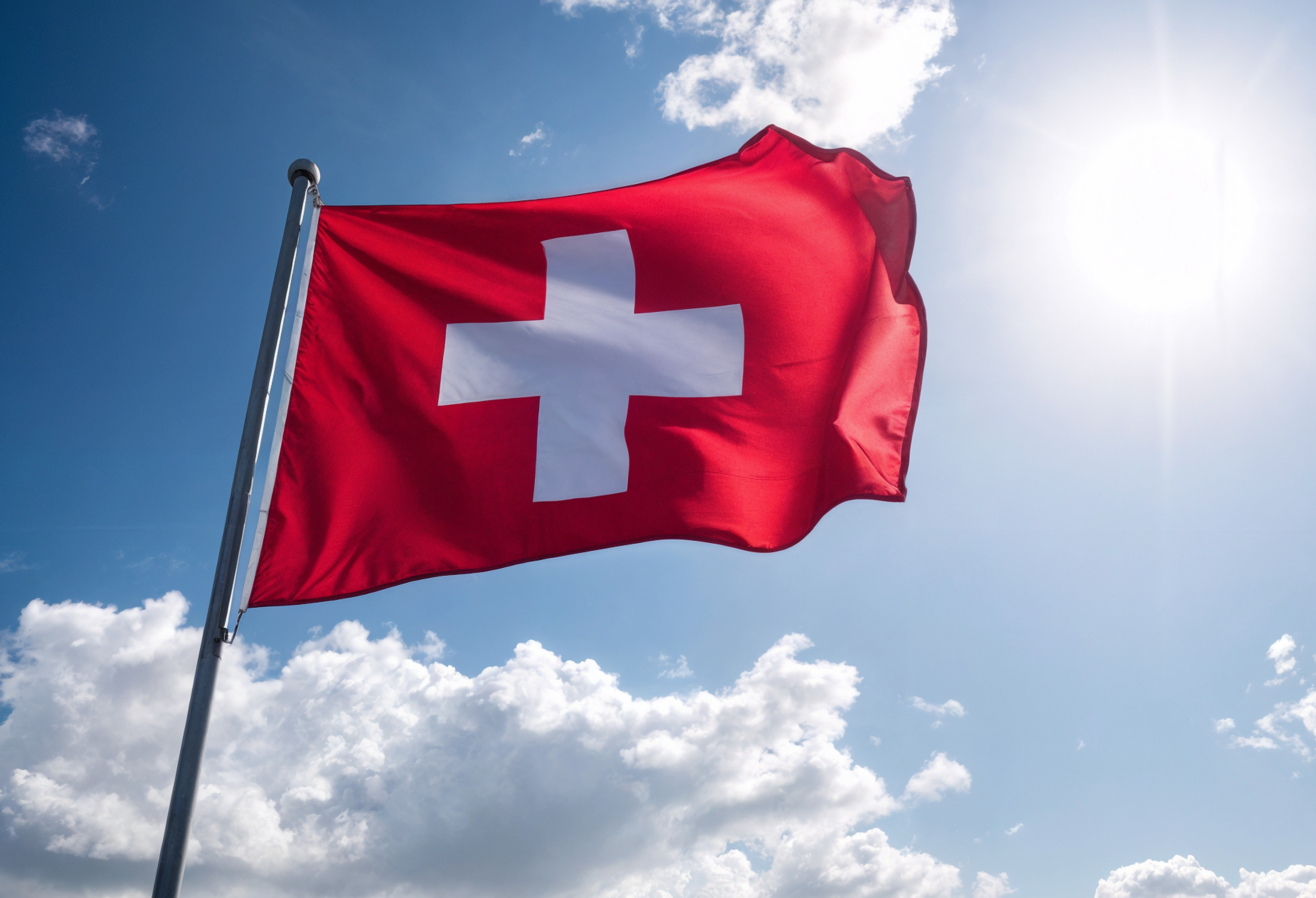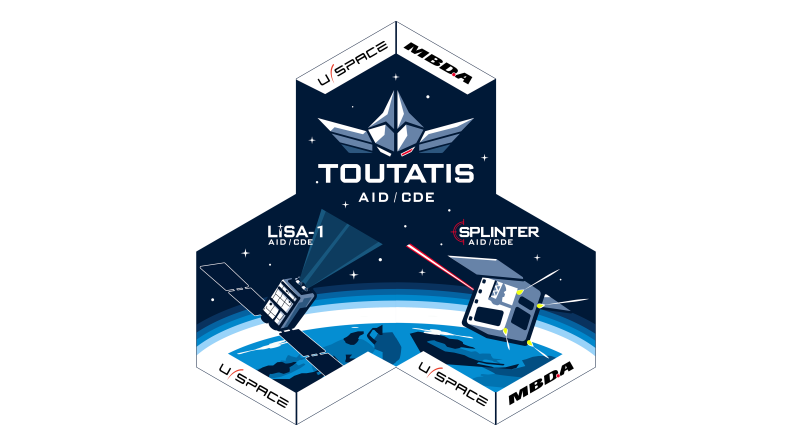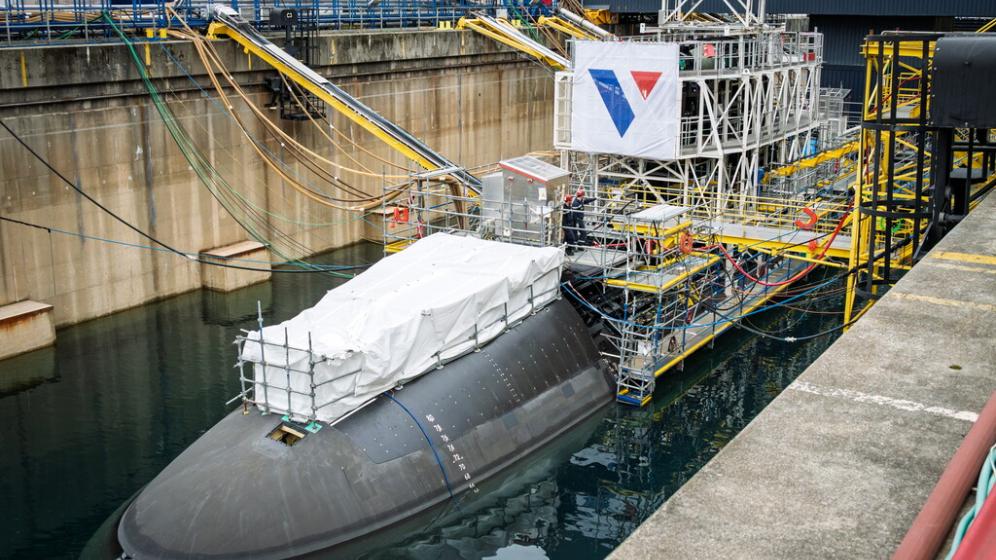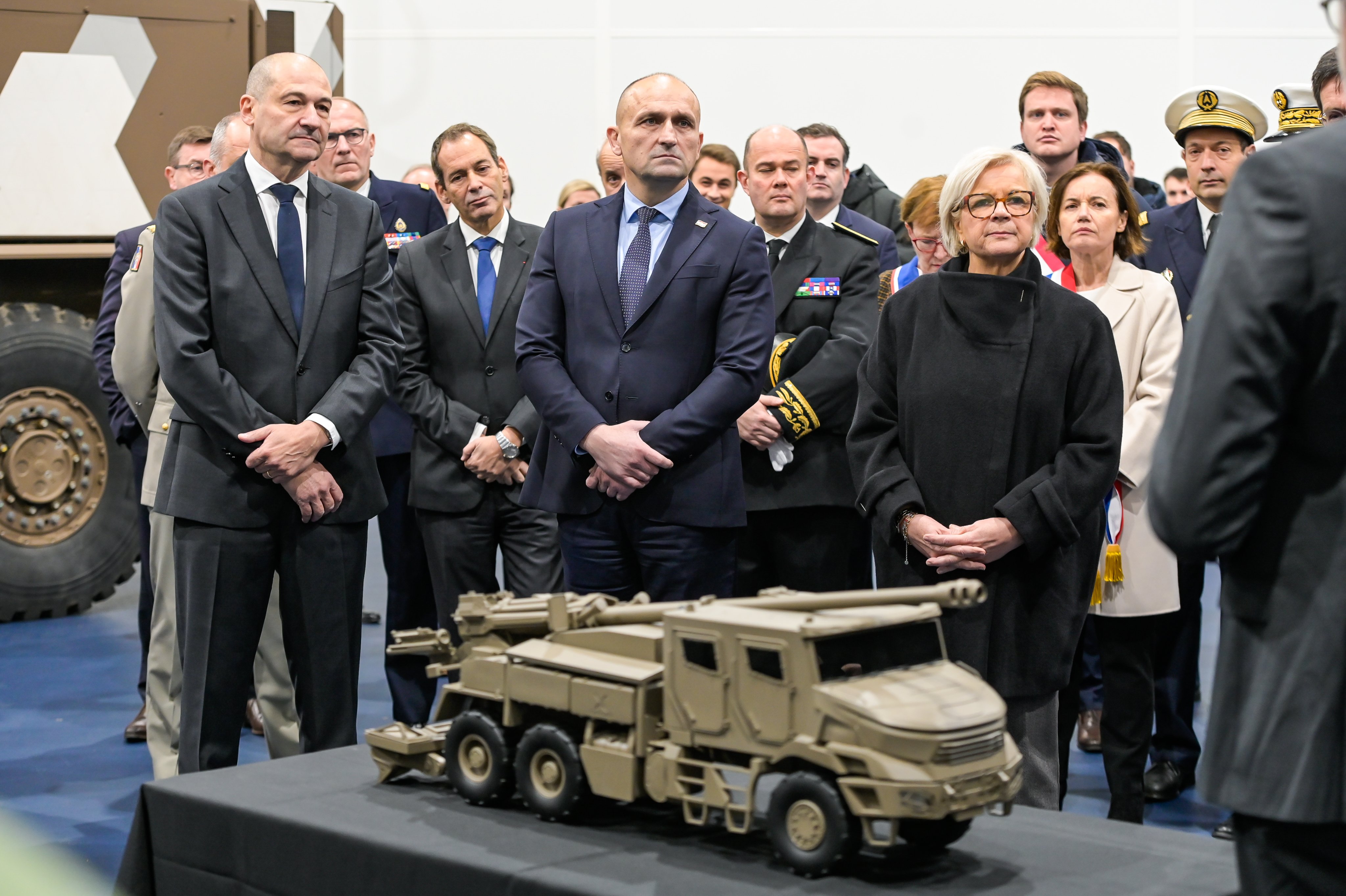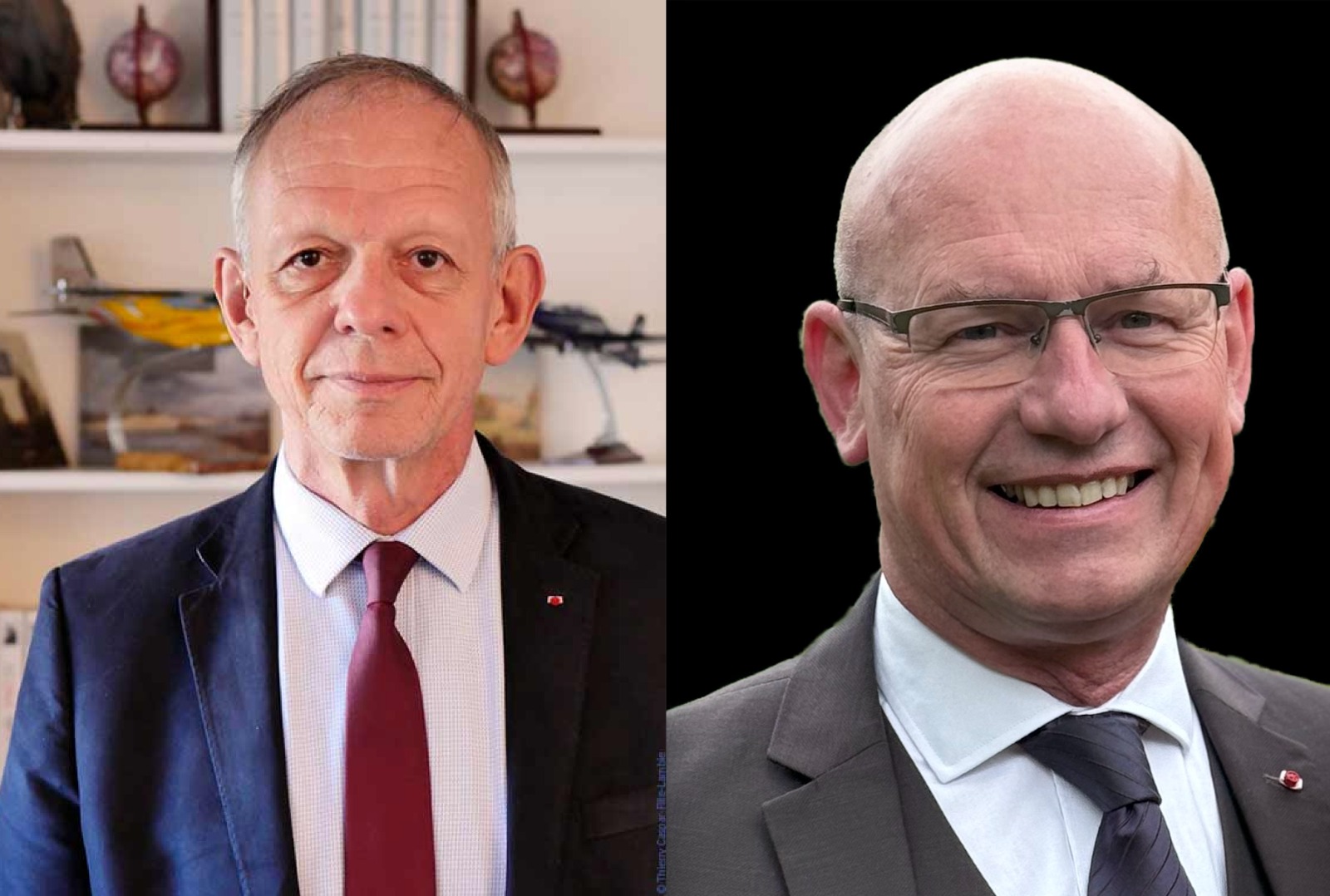Editorial
This year has seen not so much an Arab spring as an Arab summer—in Libya, at least. To topple the regime in Tripoli has required a combination of strategies, political, legal, financial and military, in addition to the tactical manœuvres of a number of rebel chiefs. Another revolution is now in its infancy, a civil, social and economic one that will have to bring together all the various interests in order to create a viable state which, whatever the outcome, remains a significant link for all points of the compass in North Africa. France has a lively interest in its indirect influence over development and security in the Mediterranean, the western part in particular, which lies right on our doorstep.
The upheavals yet to come will doubtless affect the process, which is just starting, of updating our strategic outlook—itself in significant measure dominated by the prospect of the Presidential and general elections to be held in 2012 and any change in policy that might follow. The same process is further complicated, of course, by the euro crisis and the state of the French exchequer, both of which weigh heavily on the feasibility of future spending on military equipment.
A thorough review of our strategic position is timely, since war is in a constant state of change. New security zones or organisations, solidarity between nations and regional-scale development can only be constructed through our active participation in a new global system of governance, the need for which has been imposed upon by the financial crisis in the West and the appearance of new power brokers. In addition to watching over the east-west arc of crisis of which we have long spoken, our priority has now to be work on consolidating a greater Europe, from the North Cape to Sub-Saharan Africa, and from the Atlantic to the Urals, in order to secure our future and reinforce our strategic cooperation capability.
Many of the articles in this October edition of RDN explore this theme from differing viewpoints. In English, you can read that by Christophe Vallée on the French Power Paradigm: he discusses and updates us on the eternal debate as to where France should look to bring influence. For all that France often points the finger at the United Kingdom for attempting to be both Atlanticist and European yet in reality being neither (or not the latter, especially), France itself has long played a similar game of balance between, European, Middle-Eastern and African interests with varying degrees of success.
To remind us that Russia is still a potent, if currently ailing, power not so far from our eastern border, Henri Paris looks at the Deeper Reasons for Russian Rearmament, and the perhaps rather surprising speech given earlier this year by the Prime Minister before the Duma. Readers should note that the article was written before the recent announcements from Messrs Medvedev and Putin regarding their candidature (…or not) for the 2012 Russian Presidential elections, but they serve to reinforce what General Paris discusses, and show the careful strategic path that Mr Putin has prepared.
On a different topic, Henri Hude delivers some Reflections on the Theme of Corruption, particularly corruption in politics and the media, and the potential threat it poses to national security. I fear the theme is not new, but in the context of manipulation of information available to the public—over the effects of the financial crisis, for example—it at the very least updates us on a topic that warrants being kept alive.
Finally this month, we include the first of three observations co-authored by two US officers who are currently students at the Ecole de Guerre in Paris. Through the Eyes of Two American Officers is a journal of their experiences in a foreign country and their reflections upon them. The article is taken from the French edition’s Tribune section, in which shorter, less academic (and sometimes less politically correct!) comment appears, often in reaction to day-to-day events.
I recommend all these articles to you – good reading!

